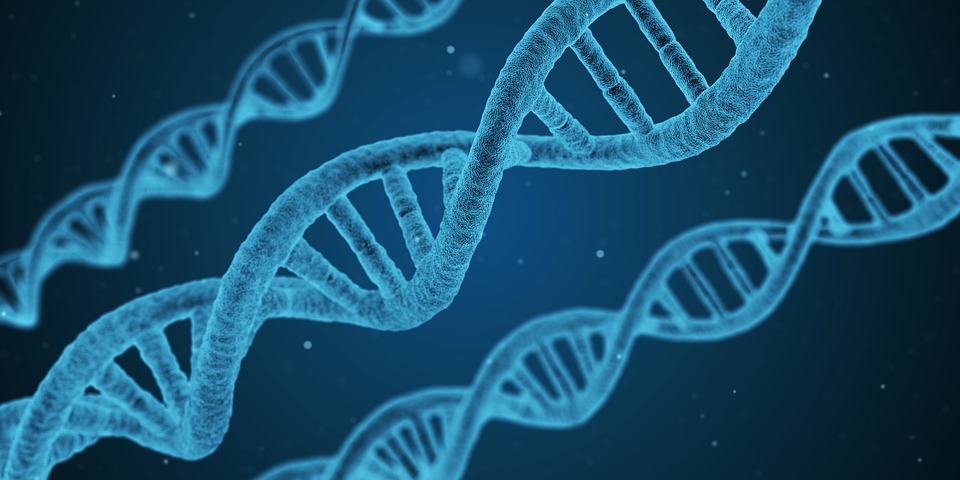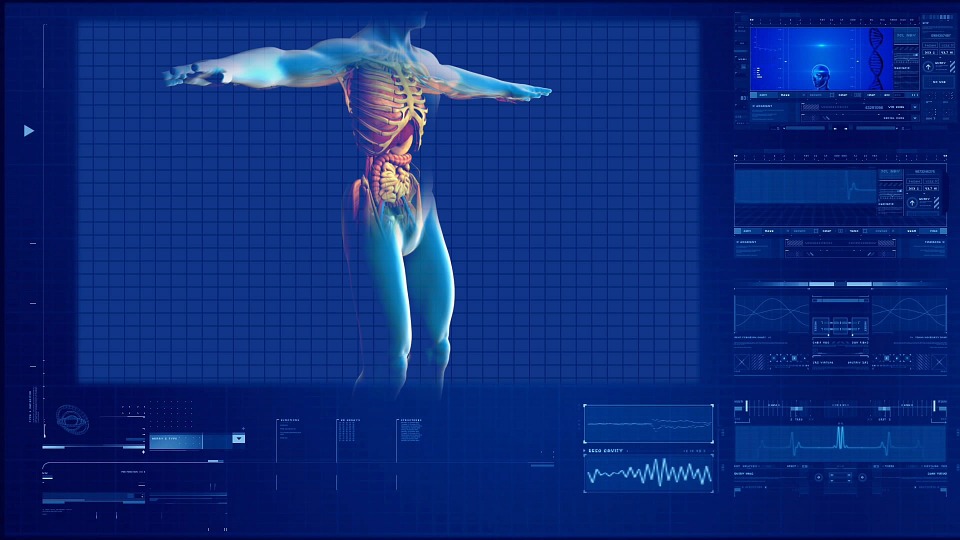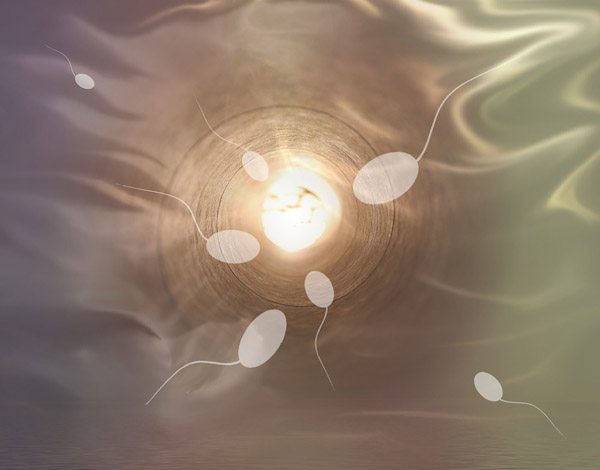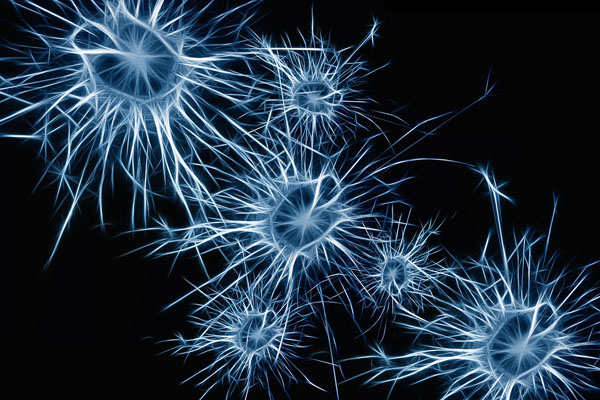U=(N/T)M*G: Jello
Jupiter, space, Jello, discoveries, plot bunnies That title is a little misleading, I know. It’s actually in reference to what my astrophysicist friend told me about the bigger planet in our system. The ridiculously awesome Jupiter. A couple years back, the probe Juno inserted into Jupiter’s orbit with the simple, massive, mission of gathering data. Scientists, and the world, were astounded by the sheer amount of weirdness and awesome we learned. The cyclones at the poles, the wonky electromagnetic field, the sci-fi-esque core. The core and ground are the parts that really stuck with me. Metallic hydrogen. When I … Read more












